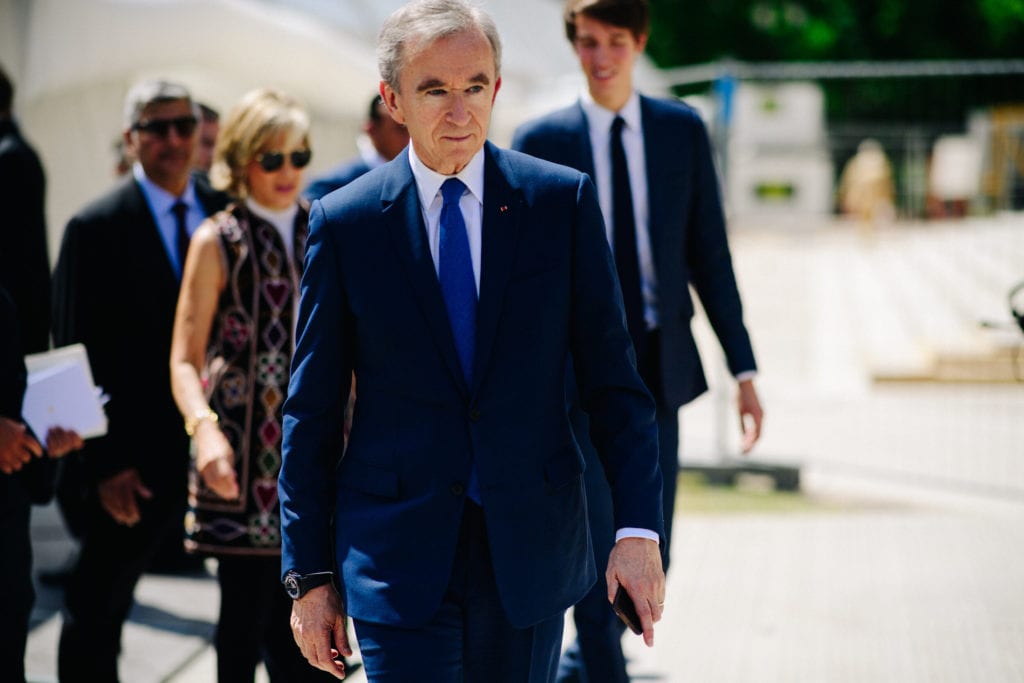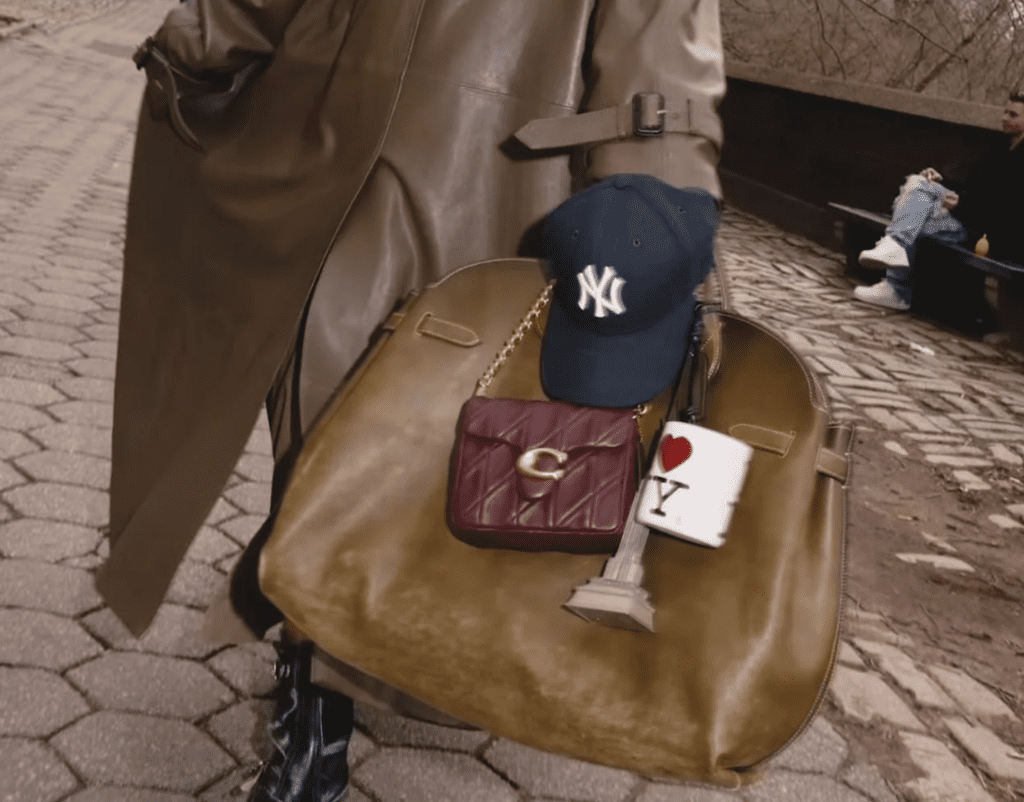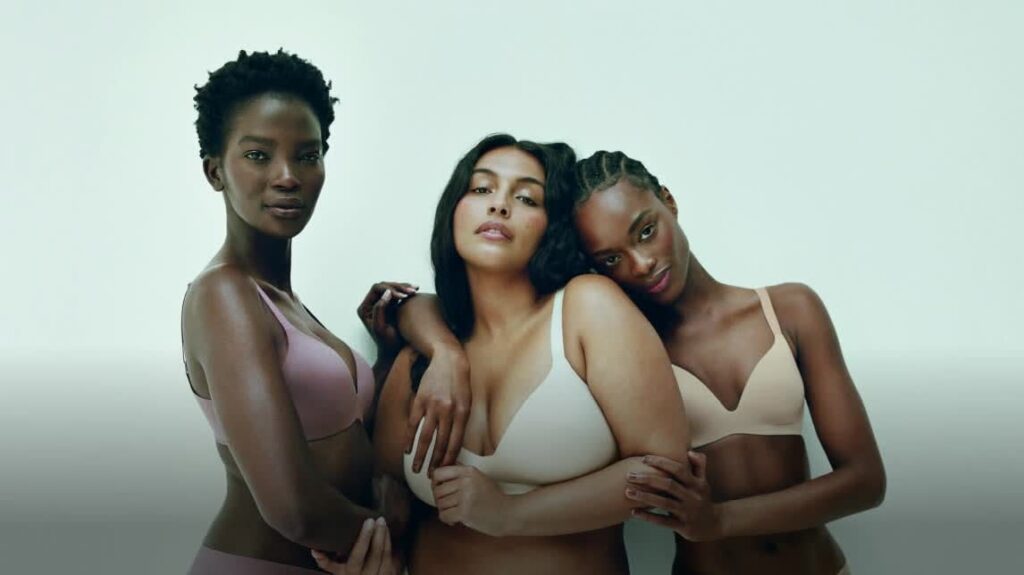For a matter of minutes on Monday, Bernard Arnault took the title of the richest person in the world, topping Amazon founder Jeff Bezos. According to Forbes, “Around 10:30 AM EST, shares of [Arnault’s] luxury conglomerate LVMH Moët Hennessy – Louis Vuitton” – which owns 75 luxury brands from Louis Vuitton and Dior to wine and spirts companies like Veuve Clicquot and Dom Pérignon – “hit $458.46, propelling [the French businessman] past Bezos” on Forbes’ Real Time Billionaire ranking, where he would remain before ultimately landing back in the number two spot later that morning and long before market close at 4pm.
As of Tuesday morning, Arnault had fallen to the number 3 spot, due to fluctuations in LVMH’s Euronext-traded stock price, following not only behind Bezos but Microsoft’s Bill Gates, as well, whom he had previously surpassed for the number 2 spot on more than one occasion, including in July.
The chairman of Paris-based LVMH – which holds the title of the world’s largest luxury goods conglomerate – has been inching up the upper echelon of Forbes’ “World’s Richest” list over the past year, in particular, ousting Spanish billionaire Amancio Ortega – the force behind retail conglomerate Inditex and its roster of Zara, Zara Home, Massimo Dutti, Bershka, Oysho, Pull and Bear, Stradivarius and Uterqüe – from the number 4 spot on the world’s richest list, as well as for the titles of the wealthiest figure in Europe and the wealthiest figure in fashion.
70-year old Arnault advanced again this spring, surpassing 88-year old American business magnate Warren Buffett thanks to an LVMH stock surge after the group released its first quarter earnings report in April. That landed him in the top three, following Bezos and Gates, only to overtake Gates almost four months later when LVMH’s stock advanced to a record high in July, thereby, pushing Arnault’s net worth to $107.6 billion. (As of Tuesday morning, Forbes put Arnault’s net worth at $107.5 billion, and Gates’ at $107.9 billion).
The rise of Arnault through the upper-most echelon of the world’s richest comes in light of the sizable growth of luxury players in the market, which is “a sign of how the luxury business is eclipsing sectors that were once at the core of the European economy,” the WSJ’s Matthew Dalton wrote last month.
While “banks are struggling to adapt to new post-financial-crisis regulations, auto makers [are] facing declining car sales, [and] big oil companies are subject to the whims of turbulent oil and natural-gas markets,” luxury fashion and accessories brands have been consistently revealing boosted bottom lines across the globe, and reshaping the makeup of the CAC-40, a market capitalization weighted index that reflects the performance of the 40 largest and most actively traded shares listed on Euronext Paris, in the process.
As for whether LVMH, Kering and Hermès – which occupy three of the top seven spots by market cap on the CAC-40, “ahead of BNP Paribas, France’s largest bank, and AXA SA, the country’s largest insurer,” according to the WSJ – can maintain their hold on the market as a whole, Bernstein & Co. analyst Luca Solca is optimistic, saying that “as long as global market conditions support a larger and larger audience of consumers who are interested in and capable of buying luxury goods, LVMH is in a great position.”














